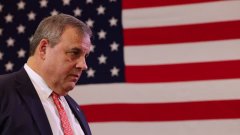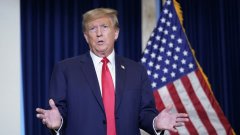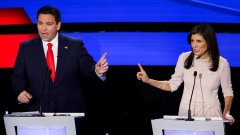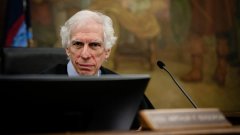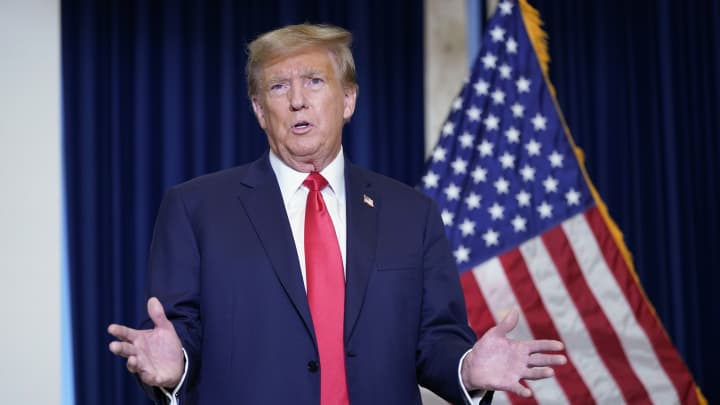
Former President on Wednesday signaled that he plans to retain his stake in his empire if he is elected to a second term in November. He also defended the millions of dollars his hotels and properties made from foreign governments while he was president.
"If I have a hotel and somebody comes in from China, that's a small amount of money," Trump said at a town hall event broadcast on Fox News. "I was doing services for that. People were staying in these massive hotels, these beautiful hotels, and they stayed there and they paid. I don't get $8 million for doing nothing," he added.
The comments were part of Trump's response to a direct question about whether he would pledge to divest himself from his privately owned real estate and hotel company if he won a second term.
The question also mentioned a recent report from House Democrats, which found that Trump's businesses were paid nearly from 20 foreign governments — including China and Saudi Arabia — during his first two years in office.
Instead of directly answering whether or not he would divest, Trump claimed that America's first president, George Washington, set a precedent for running his private business while also serving as president.
Washington — "a very rich man, people don't know that" — had a "business desk and he had a country desk, right next to each other," Trump claimed.
Trump has made similar claims in the past about George Washington. in 2019 found that there were "conflicting interpretations" of Washington's business activities in office.
Trump's comments Wednesday night in Des Moines, just five days before the Iowa caucuses, suggest he would once again shrug off concerns about of interest or the potential for corruption if he replaces President as the nation's most prominent public servant.
Ethics experts and government officials in 2017 blasted then-newly elected Trump for not from his eponymous real estate and hotel company. The choice broke with a tradition followed by all other modern presidents.
Wednesday's town hall began at the same time as Trump's top two remaining primary rivals, Florida Gov. Ron DeSantis and former United Nations Amb. Nikki Haley, took the stage in the final Republican presidential debate before the first elections of the cycle.
Trump has skipped all five of the Republican debates, and has tried to undercut the impact of each one by counterprogramming them with simultaneous campaign or media appearances.

